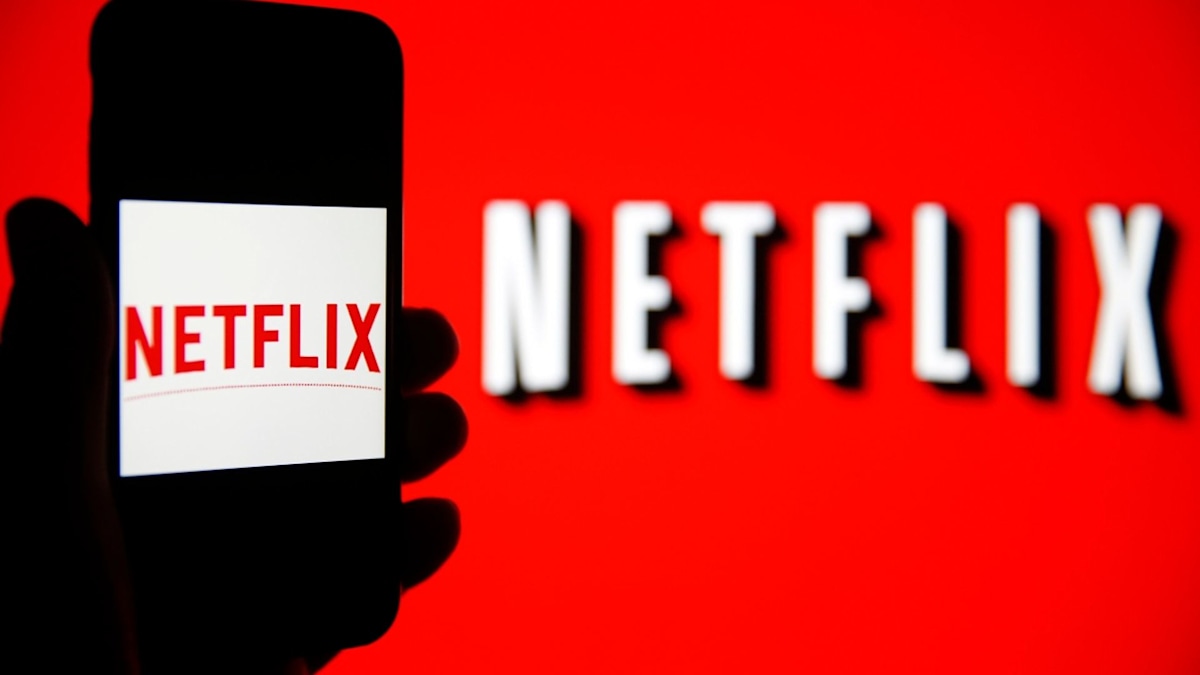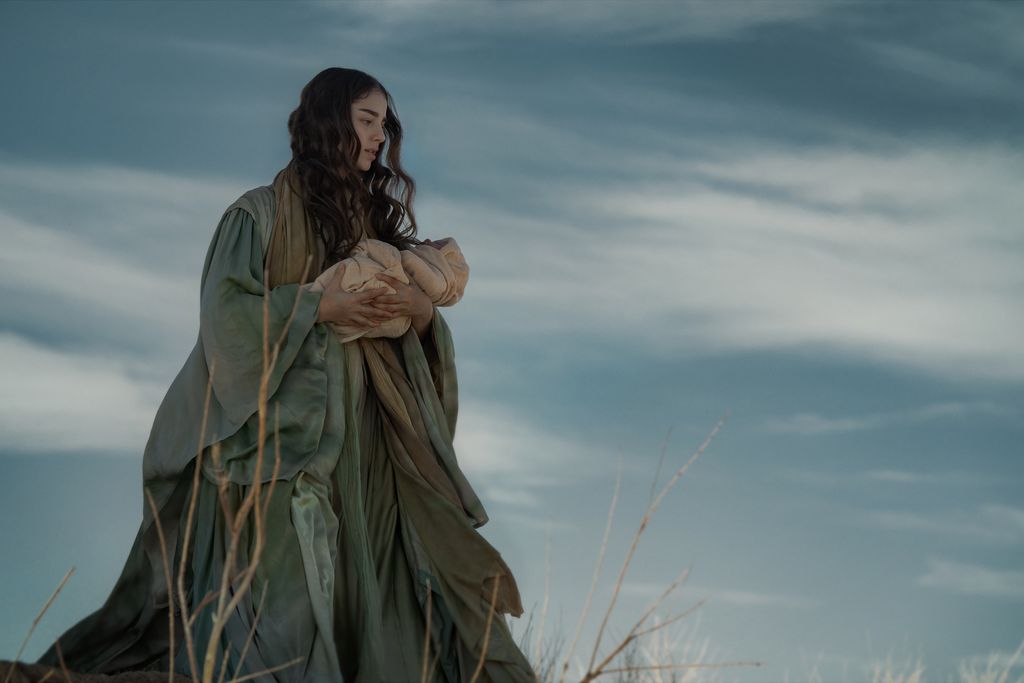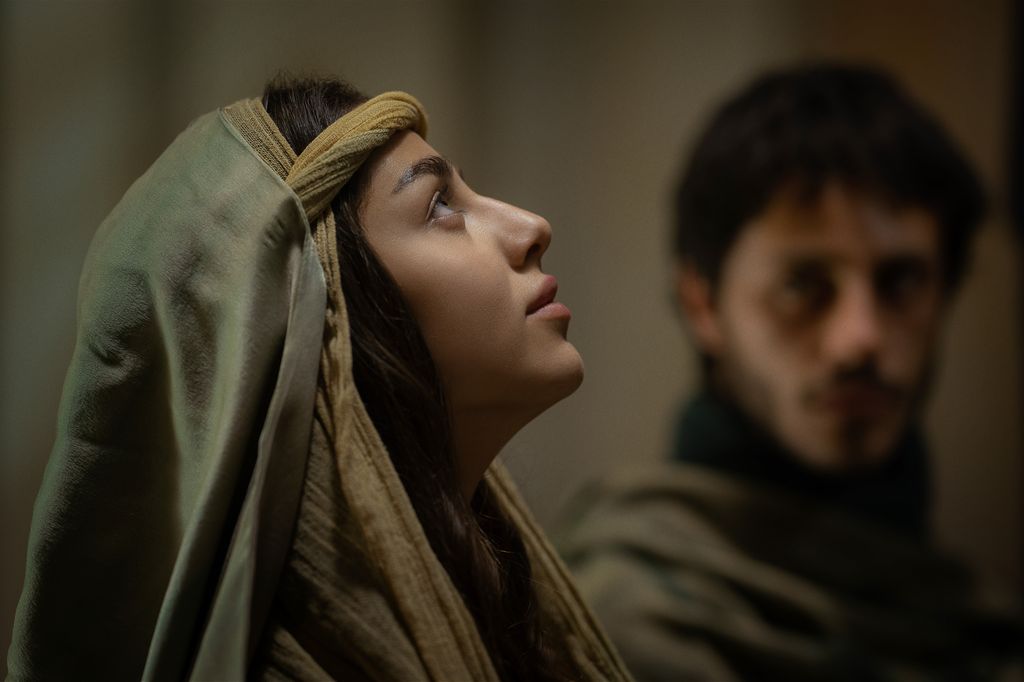Netflix’s new number one movie has divided fans – but what do you think? The new film Mary is a coming-of-age biblical epic which tells the story of the birth of Jesus from the perspective of his mother – but not everyone has enjoyed the retelling.
While plenty of viewers enjoyed the movie, others felt like it was too inaccurate. Taking to X, formerly known as Twitter to discuss, one person wrote: “MARY was surprisingly very compelling. Some of the film’s non-Biblical context successfully added layers to the story & humanized her and made all of the key characters well-rounded & complex. This was not feminism; this was a woman’s resonating faith & struggle.”
Another person added: I’ve seen a lot of buzz about the new Netflix movie #Mary, and I must say, I enjoyed it. The film gives a fresh and thought-provoking perspective on Mary’s journey, portraying the challenges she faced as an unwed pregnant woman in a society that judged women seen as ‘fallen.'”
A third person wasn’t too sure, adding: “I watched the #Mary movie on @Netflix. In short, it’s disappointing – especially if you’re looking for anything close to a Biblical representation. If you liked Noah (2014) and don’t care about a wildly embellished story, give it a go. There might be something there for you.”
Another fan advised not to take it as fact, writing: “Saw #Mary @Netflix…it’s an interesting take on the life of the Virgin Mary. My Catholic perspective: it’s an entertaining FICTIONAL story written to provoke our limited knowledge of the story that was ever told. It is NOT a historical film so don’t get ireful. Just enjoy it.”
Anthony Hopkins stars in the film as King Herod, who orders “a murderous hunt” for Mary’s newborn, while Mary and Joseph – played by Noa Cohen and Ido Tako – stop at nothing to save his life.
Speaking about the changes from the bible, the film’s star Noa told Mama’s Geeky: “It’s giving her her voice back. She’s not just a vessel for something greater than herself.
“It’s her story. It’s being told from her perspective. It’s her emotions and her fears that drive the narrative, and that just felt really really interesting to me.”
Read the full article here








